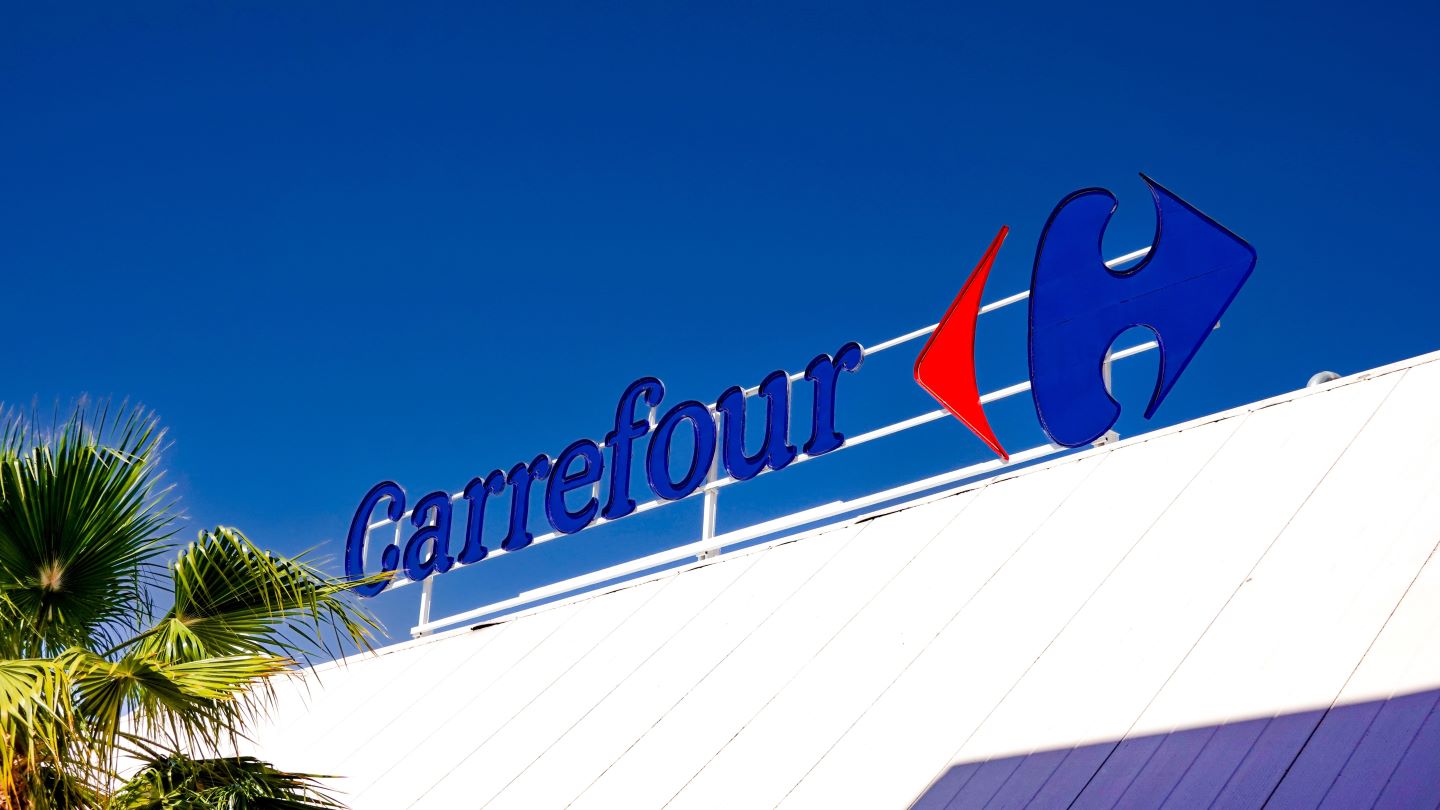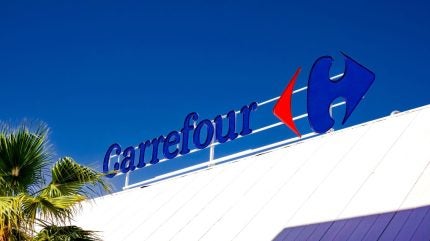

Carrefour CEO Alexandre Bompard has issued an apology to Brazil after comments he made in relation to a proposed EU-Mercosur free trade deal sparked a backlash from the major meat exporter.
Bompard and France’s President Emmanuel Macron are both opposed to a trade agreement with the South American bloc as negotiations gather pace, as they seek to protect local industry from the prospect of cheap imports.
As the Carrefour chief came out in support of local farmers protesting against a deal, he pledged not to source meat from the Mercosur countries amid concerns centred on maintaining quality standards on French produce, particularly meat.
In retaliation to Bompard’s comments, industry groups in Brazil said they would stop supplying meat to local Carrefour stores. Reports also suggested major meat processors in Brazil had also taken the same stance.
Brazil’s Ministry of Agriculture and Livestock (Mapa) had rejected the claims made by Bompard over meat standards in Brazil. But the Ministry issued a statement yesterday (26 November) acknowledging his apology, recognising “respect for standards and flavour of Brazilian meat”.
Mapa added: “With a rigorous agricultural defense system, which positions Brazil as the main exporter of poultry and beef in the world, Mapa reiterates the high standards of quality, health and sustainability of Brazilian agricultural production.
Access the most comprehensive Company Profiles
on the market, powered by GlobalData. Save hours of research. Gain competitive edge.

Company Profile – free
sample
Your download email will arrive shortly
We are confident about the
unique
quality of our Company Profiles. However, we want you to make the most
beneficial
decision for your business, so we offer a free sample that you can download by
submitting the below form
By GlobalData
“Thus, Mapa praises the work carried out by the sector, the active management of associations and their members in defending excellent production that reaches the tables of consumers in more than 160 countries around the world.”
The same statement from Mapa, carried the apology from Bompard.
“We know that Brazilian agriculture provides high-quality meat, respect for standards and flavor. If the communication from Carrefour France caused confusion and could have been interpreted as questioning our partnership with Brazilian agriculture or as a criticism of it, we apologise,” his statement read.
Following Bompard’s comments, Carrefour’s Brazilian unit reported disruptions in beef deliveries since last Thursday. However, reports have emerged that major meat processors in Brazil have resumed supplies following the apology.
Marfrig Global Foods declined to comment when contacted by Just Food, while JBS and Minerva have yet to respond. This publication has also reached out to the Brazilian Association of Meat Exporting Industries (ABIEC).
“The delivery schedule of beef products has resumed and the company expects the normalisation of resupply of such products during the coming days,” the Brazil unit of the French supermarket was quoted by Reuters as saying.
Mapa issued another statement late yesterday to Bompard’s initial social media post, which the Ministry said “contains misinformation and attacks the quality of Brazilian products”.
It added following receipt of the apology: “The Brazilian government will remain vigilant in defending the image of the country and its production, in coordination with the private sector.
“Brazil emphasises the importance of the strategic partnership, trade flows and historical ties it maintains with the European continent in general and with France in particular.
“Nevertheless, it will once again react firmly against any new campaign that targets the image of Brazilian products, especially agribusiness, whose standards of excellence throughout the entire production chain are recognised worldwide.”
Negotiations for an EU-Mercosur free trade agreement have faced persistent delays since talks began in 1999.
After an extended hiatus, discussions resumed in 2010, gaining momentum in 2016 with updated proposals to reduce tariffs on various goods and services.
In 2019, a “political agreement for an ambitious, balanced and comprehensive trade agreement” was reached.
However, a final agreement remains elusive, with the most recent negotiations taking place in Brazil this month to address unresolved issues.

